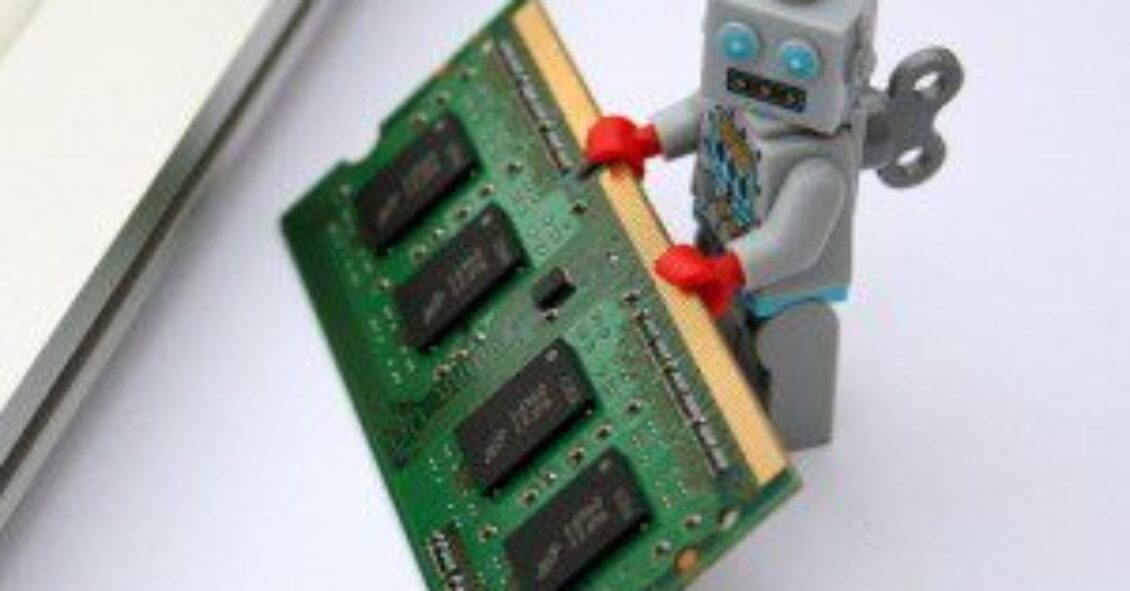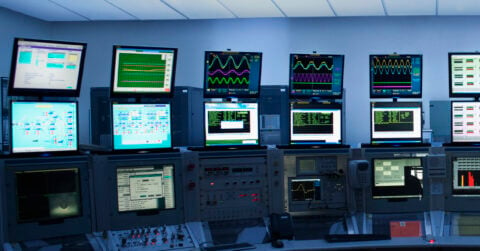
What do you do if you run a company in a country whose economy and laws have been thrown into uncertainty, where the currency has dropped by 13%, the property market is shrinking and consumers have already slowed their spending, and all of this following the unexpected outcome of a referendum?
Outsourcing Reborn as Tech-shoring
Efficiency is the name of the game and the best answer to the question posed. In times of uncertainty, companies look to increase efficiency and cut down on costs. Of all the EU countries, the UK was the first to grasp the benefits of offshoring as a lever for cost reduction and has had a long and fruitful relationship with India-centric and other outsourcing service providers. Many UK companies know the business of offshoring well. Mature buyers of outsourcing services know what works and what does not, and have dealt with contract renewals and changes many times over. Consequently, we are likely to see a boost in the global services market with a fresh wave of offshoring and the benefits that it brings (including labour arbitrage). However, this time around, given that adoption of technologies such as digital and Service Delivery Automation (SDA) is on the rise, buyers are likely to demand that a good deal of technology is embedded in offshored services. This will not be offshoring of old but a revitalized model – a renaissance that I call “tech-shoring”, offering labour arbitrage where productivity is boosted with a good dose of automation.
Changes in UK laws resulting from Brexit will most likely affect contracts in due course, but there is time to prepare and insert contract clauses to mitigate risks. There will be a minimum period of two years from when Article 50 is invoked for contracting parties to prepare for Brexit.
Brex-bots
SDA, which includes both Robotic Process Automation (RPA) and Smart Automation (SA), can significantly boost efficiencies in both tech-shoring and the alternative, the in-house delivery model. Consequently, demand for SDA is set to grow considerably, giving rise to a new generation of robots as a direct result of the Brexit vote. These will form a generation of bots that I call “Brex-bots” (the first population of robots to earn a name of its own).
Before Brexit, we at Everest Group made a conservative estimate that the RPA technology market will grow at 95% – 110% CAGR from 2015 to 2018, to between $1.2 and $1.5 billion. UK’s share of this is estimated at $420m -$450m. With the impact of Brexit, the market size in the UK could grow even more steeply. Investing in RPA and other technologies such as SA is a no-brainer given the many published case studies that highlight the compelling business case for automation/robotization, e.g., a robot doing the job of two people with 100% data accuracy. In addition, at a time of uncertainty – particularly around employment laws – robots offer a relatively safe option. They can run for long hours or on-demand to deal with fluctuating workloads. They also rigorously follow the rules and once programed, can instantaneously adjust to any new processing requirements when regulations and policies change as a result of Brexit.
Of course the market is not just the technology part. Brex-bots will lead to growth in related SDA advisory, consultancy, and professional services, as well as new outsourcing contracts for ongoing support and management of Brex-bots. We are also likely to see increase in demand for datacenters to host bot farms.
Before reaching a Brex-bot nirvana however, enterprises must adopt a coherent strategy for robotization and operational policies, if their processes are not to drown in a pool of badly managed and poorly maintained robots.
Brexit is a disruptive development that brings opportunities for the global services market to reinvent itself. Tech-shoring and Brex-bots are very likely, but only the early adopters will put distance between themselves and their competitors.










